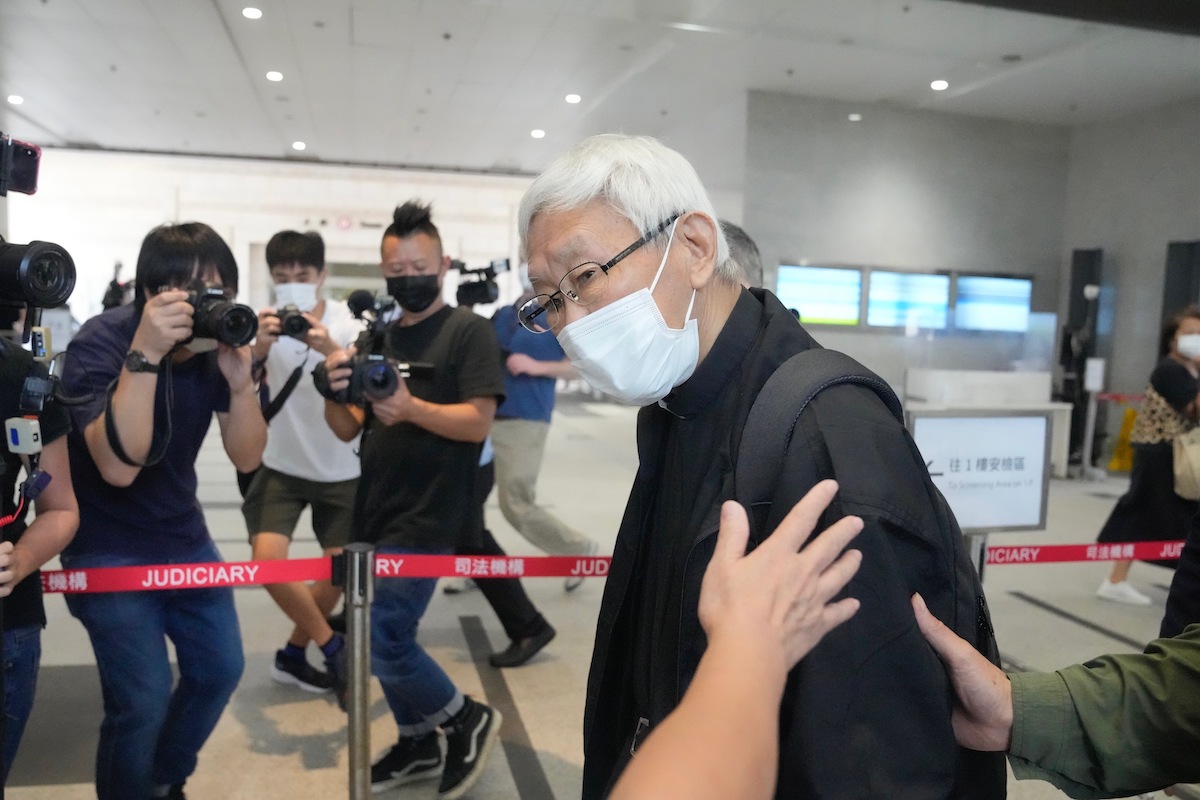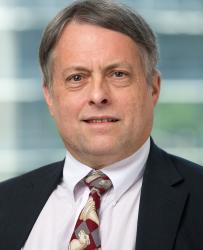In less than two years, the Chinese Communist Party (CCP) has asserted almost complete control in Hong Kong. Other than possessing a generally open internet, the “special administrative region” is now like any other Chinese city. Although prosperous, Hong Kong is no longer free. The one country, two systems model promised by Beijing when the United Kingdom returned the territory to China in 1997 has become one country, one system.
Hong Kong spent years in rebellion and sometimes turmoil. Neither Leung Chun-ying, who served as chief executive until 2017, nor Carrie Lam, whose term ends next month, was a wartime consigliere of the sort required by, say, The Godfather’s Michael Corleone. They proved inadequate when facing the 2014 Umbrella Revolution and the much larger protests of 2019.
Lam did not seek another term and probably had no choice. In preparing China’s brutal crackdown, Chinese president Xi Jinping first replaced the CCP’s local representatives with tougher cadres. Now Lam is making way for John Lee (or Lee Ka-chiu), who from 2017 to 2021 served as secretary for security. Before that he was under secretary for security and deputy commissioner of police. His “election” at the hands of a gaggle of Chinese loyalists—receiving 1,416 of 1,424 votes cast—indicates that Xi has found his combat leader.
Joey Siu, a self-described “Hongkongese-American activist” and “policy advisor of Hong Kong Watch,” had this to say about the choice of Lee:
[It] would indicate that Beijing is prioritizing national security and plans a further crackdown in the city. This likely will mean further prosecutions under the National Security Law, the closure of the remaining civil society organizations and independent media in the city, and the continued overhaul of our educational institutions to bring them further in-line with the ideological thinking of the Chinese Communist Party.
In fact, there isn’t a lot more to be done. More than 160 people have been detained under the National Security Law (NSL), some already hit with lengthy and/or multiple sentences. Many activists were arrested under previous laws months or years after their alleged offenses—and, conveniently, COVID made public demonstrations almost impossible. The ranks of civil society organizations have been decimated, with more than 150 closing. A free press and academic freedom have vanished.
Attorneys have been targeted for defending protestors. NGOs and museums have closed. Bookstores and galleries purged their stocks just as the Hong Kong government scoured teachers’ ranks. The Legislative Council now includes only “patriotic” members, meaning CCP factotums. Almost any political activity opposing government policy is deemed a threat to national security. Emigration has surged as people seek to get out, especially for the sake of their children.
For Lam, repression appeared to be personal. Among the many indignities she suffered was losing access to a bank account because of U.S. financial sanctions. However, she appeared to revel in the authority granted by the 2020 NSL, which allowed her to imprison activists, candidates, artists, lawyers, journalists, academics, politicians, and others who had criticized her actions and impeded her policies. After the authorities raided the pro-democracy website Stand News and arrested seven current and former editors, Lam coldly stated that “inciting other people … could not be condoned under the guise of news reporting.” When asked about the law’s application, she said it depended on circumstances and evidence, both of which her government determined.
In contrast, Lee appears to be a true believer, treating the crackdown as an ideological imperative. After his victory, he stated his “historic mission” would focus on security. Explained Lee: “Safeguarding our country’s sovereignty, national security and development interests, and protecting Hong Kong from internal and external threats and ensuring its stability will continue to be of paramount importance.” He is expected to apply even more rigorous enforcement of the NSL.
In the meantime, Lam continues to target those who stood for freedom. For instance, just this month her government arrested four former trustees (a fifth was already in prison on a separate charge) of a defense fund for protesters that was closed last year after the Lam administration announced an investigation under the NSL. They were accused of illicit collusion with foreign forces, for which they could be sentenced to life imprisonment. The five include an academic, two former lawmakers, a Cantopop singer, and, most dramatically, 90-year-old Catholic cardinal Joseph Zen.
Zen, who served as the sixth bishop of Hong Kong, was appointed cardinal in 2006. Born near Shanghai, he fled China after the communist revolution. He is an outspoken critic of the CCP, friend of democracy activists, and advocate of human rights.
Although Zen has been released on bail, he is still likely to be convicted—judges almost always enforce the government’s interpretation of the law’s ambiguous language—which presages a crackdown on religious liberty. Ominously, the Xi government is pressing a vicious campaign against all faiths on the mainland, demanding that believers accept the supremacy of the CCP. The Hong Kong Christian community is especially vulnerable, since many of its members, like Zen, have criticized the Chinese Communist Party and backed democracy. The Catholic Church has already cancelled its annual June 4 commemoration of the Tiananmen Square Massacre.
Even if Lee does not follow through on his promise to seek new legislation, virtually anything anyone does or says against the authorities already is criminalized by existing laws. Lee said of Zen’s arrest: “Action will be taken accordingly regardless of the person’s background.”
Indeed, an important purpose of the NSL is intimidation, causing Hong Kongers to self-censor and abandon the struggle for liberty. In April the Foreign Correspondents Club dropped its annual Human Rights Press Awards. Club president Keith Richburg explained: “Over the last two years, journalists in Hong Kong have been operating under new ‘red lines’ on what is and is not permissible, but there remain significant areas of uncertainty and we do not wish unintentionally to violate the law.” On the one hand, the decision is an appalling surrender. On the other hand, who can blame foreign journalists for fearing that they might join their Hong Kong compatriots in prison?
China is using the same tactic abroad. The NSL applies globally. In its latest assessment of Hong Kong freedoms, the State Department reported: “Hong Kong authorities continue efforts to restrict the freedom of expression of individuals overseas under both the NSL and other legislation, including by issuing arrest warrants purely based on extraterritorial speech. There are reportedly NSL-related arrest warrants against 30 individuals residing outside Hong Kong, including U.S. citizens.” All are subject to arrest if they visit Hong Kong or China.
Although the Xi regime’s treatment of 7.4 million Hong Kongers is awful, it is only doing to them what it has been doing to 1.4 billion mainland Chinese. Their human rights also are under siege. Among Beijing’s grotesque violations are the mass detention of Uyghurs, pervasive persecution of religion, use of an invasive social credit system to ensure mass conformity, rigorous enforcement of censorship, and much more.
The U.S. and other Western governments have criticized the Hong Kong crackdown, which has ended the one country, two systems arrangement guaranteed by China for 50 years. In return, China has insisted that the West mind its own business. Some Hong Kong activists complained that American sanctions have been ineffective, but Washington has no means to force Beijing to change policy over what is Chinese territory.
After his victory, Lee proclaimed: “I look forward to all of us starting a new chapter together, building a Hong Kong that is caring, open and vibrant, and a Hong Kong that is full of opportunities and harmony.” Tragically, that promise is belied by the Hong Kong government’s continued assault on its people’s liberties.

